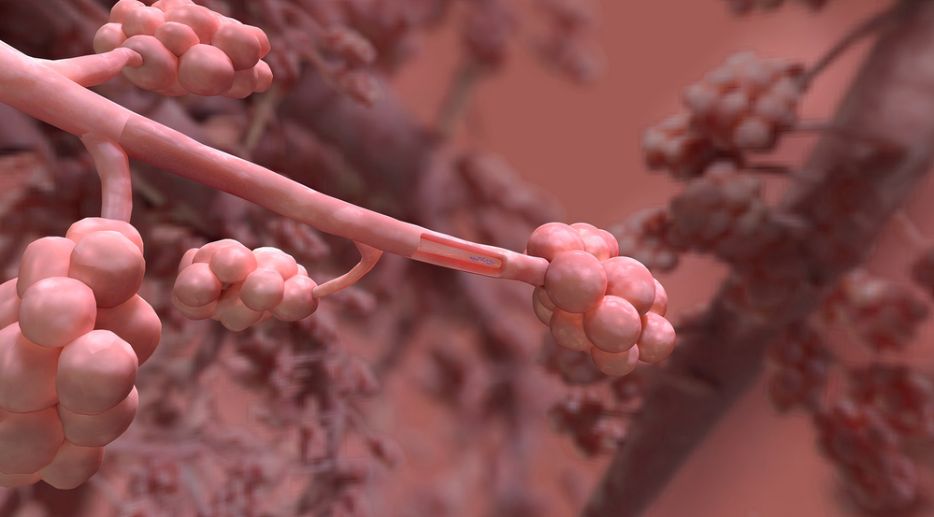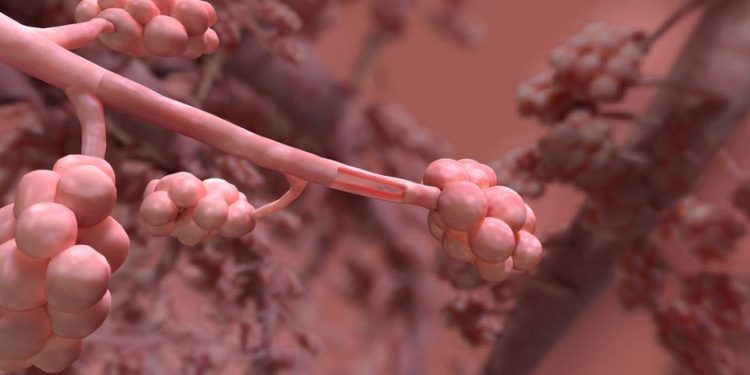Nasal obstruction symptoms are often referred to as a “stuffy nose” or a “clogged nose.” These common problems can make it difficult to breathe, sleep, and focus on other activities. They may also lead to other health complications if left untreated.
Most nasal blockages are temporary and self-limited. They are usually caused by colds, allergies, sinus infections or medications.
Some nasal obstructions are caused by a deviated septum or by swelling in the lining of the nose. These conditions are often caused by a congenital condition that occurred during early development or by an injury that occurred later in life.
Other types of nasal obstructions include adenoids that are enlarged and polyps, noncancerous growths that form on the lining of the sinus or nose and restrict airflow. Other inflammatory conditions that cause nasal blockage are sinus infections, allergies and environmental irritants.
The nasal cavities are separated by a thin wall made of bone and cartilage called the nasal septum. In some cases, the septum leans to one side and may cause a deviated septum that blocks the nasal passage on that side.
When a deviated septum is severe, it can interfere with breathing and aggravates symptoms of a runny nose. This crooked septum can also affect how much mucus drains from the nose.
Symptoms of a deviated septum include a chronic runny nose and difficulty breathing through either nostril. In rare cases, this deviated septum is caused by a tumor in the nose or a cyst.
Another symptom of a deviated septum is crusting and bleeding in the nasal cavity. This is because the septum is exposed to the drying effect of the airflow in and out of the nose and can swell and become more prone to bleeding.

Loss of smell and taste.
Many people with nasal obstruction experience loss of sense of smell and/or taste, which is a sign that the problem has gone beyond mucus build-up and congestion. This can occur in conjunction with nasal polyps, turbinates, or a deviated septum.
Snoring and breathing problems are also common symptoms of nasal obstruction. This is due to the fact that a deviated septum or a build-up of mucus can obstruct the lungs and cause breathing problems, including obstructive sleep apnea.
Fortunately, treatment for nasal obstruction is relatively simple and involves medications or nasal sprays that help to reduce inflammation in the nose. Other treatments involve surgical interventions to correct deviated septums, turbinates, and nasal polyps.
Children are more likely to suffer from nasal obstruction than adults because their cranial bones are developing rapidly during childhood. These bony structures, known as turbinates, can become inflamed and swollen by allergies, pollution and dust.
Infants can develop choanal atresia, a defect that closes off the back of the nose with bone and tissue at birth, causing nasal obstruction. This condition may be present on both sides (bilateral) or only one side (unilateral).
Other causes of nasal obstruction in kids include adenoids that are enlarged, nose blockages from a foreign object such as beads or marbles, and polyps on the lining of the nose. Other conditions that affect children may include hematomas, which are collections of blood inside the nose.









